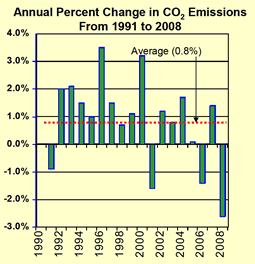The Inevitable Lifecycle of Government Regulation Benefiting the Very Companies Whose Actions Triggered It
Step 1: Large, high-profile company has business practice that ticks lots of people off -- e.g. Facebook slammed for selling user data to Cambridge Analytica
Step 2: Regulation results -- e.g. European GDPR (though it predates the most recent Facebook snafu, it was triggered by similar outrages in the past we have forgotten by now so I use the more recent example)
Step 3: Large, high-profile companies that triggered the regulation by their actions in the first place are the major beneficiaries (because they have the scale and power to comply the easiest).
GDPR, the European Union’s new privacy law, is drawing advertising money toward Google’s online-ad services and away from competitors that are straining to show they’re complying with the sweeping regulation.
The reason: the Alphabet Inc. ad giant is gathering individuals’ consent for targeted advertising at far higher rates than many competing online-ad services, early data show. That means the new law, the General Data Protection Regulation, is reinforcing—at least initially—the strength of the biggest online-ad players, led by Google and Facebook Inc.
This is utterly predictable, so much so that many folks were predicting exactly this outcome months ago.
My "favorite" example of this phenomenon is toy regulation that was triggered a decade ago by a massive scandal and subsequent recall by toy giant Mattel of toys with lead paint sourced from China.
Remember the sloppily written "for the children" toy testing law that went into effect last year? The Consumer Product Safety Improvement Act (CPSIA) requires third-party testing of nearly every object intended for a child's use, and was passed in response to several toy recalls in 2007 for lead and other chemicals. Six of those recalls were on toys made by Mattel, or its subsidiary Fisher Price.
Small toymakers were blindsided by the expensive requirement, which made no exception for small domestic companies working with materials that posed no threat. Makers of books, jewelry, and clothes for kids were also caught in the net. Enforcement of the law was delayed by a year—that grace period ended last week—and many particular exceptions have been carved out, but despite an outcry, there has been no wholesale re-evaluation of the law. Once might think that large toy manufacturers would have made common cause with the little guys begging for mercy. After all, Mattel also stood to gain if the law was repealed, right?
Turns out, when Mattel got lemons, it decided to make lead-tainted lemonade (leadonade?). As luck would have it, Mattel already operates several of its own toy testing labs, including those in Mexico, China, Malaysia, Indonesia and California.
The million bucks was well spent, as Mattel gained approval late last week to test its own toys in the sites listed above—just as the window for delayed enforcement closed.
Instead of winding up hurting, Mattel now has a cost advantage on mandatory testing, and a handy new government-sponsored barrier to entry for its competitors.
